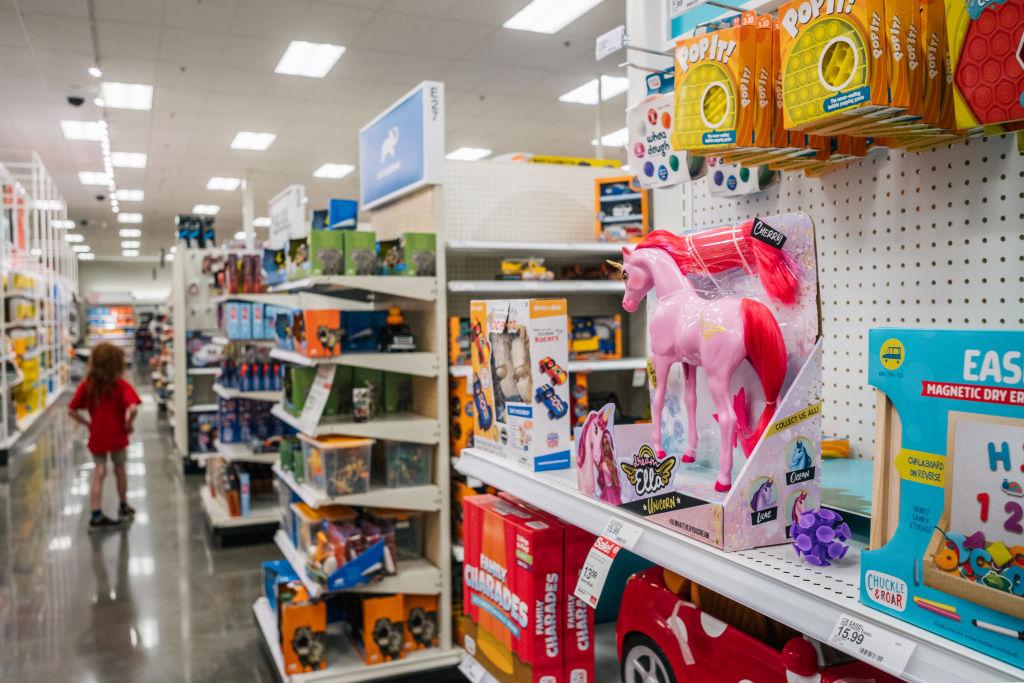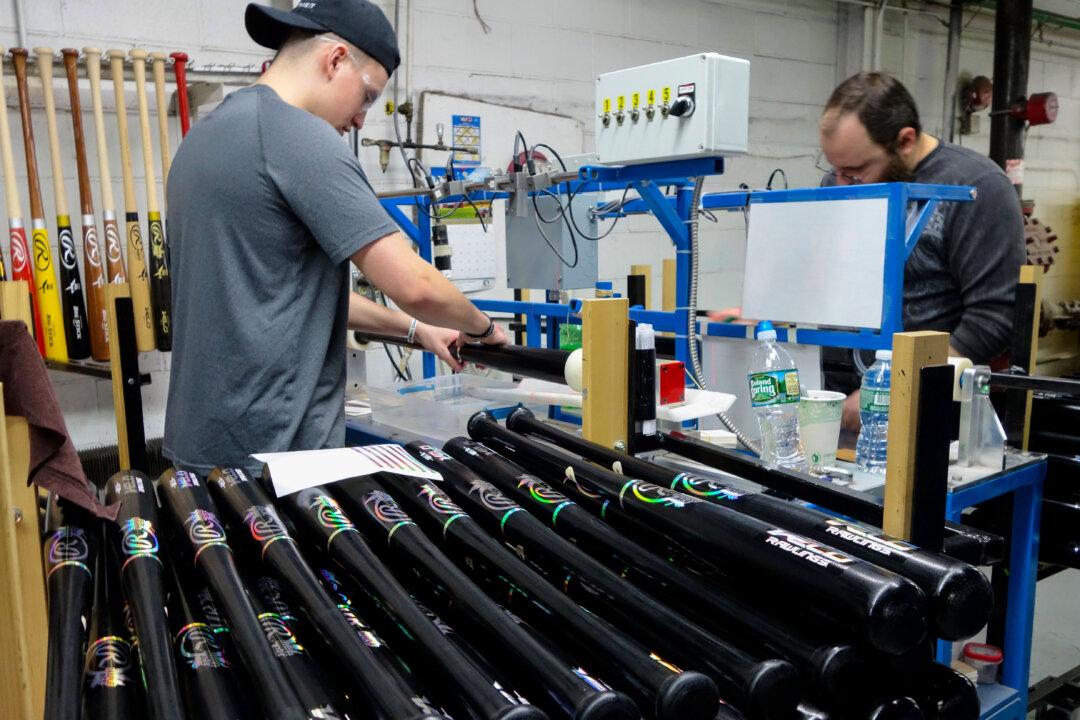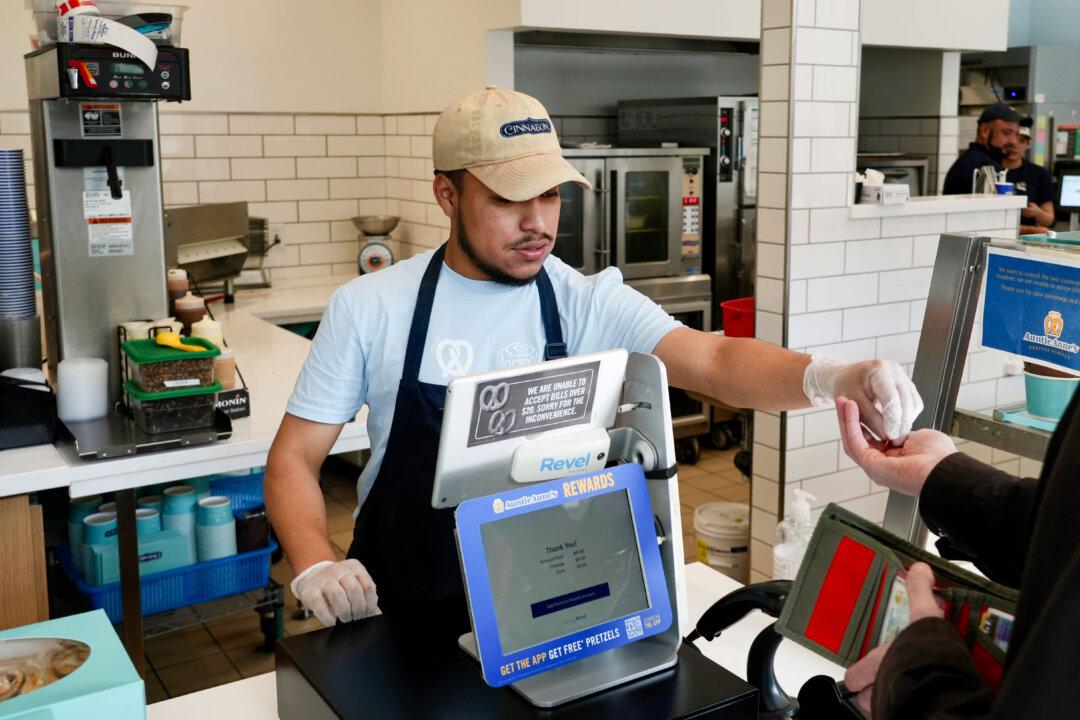If you’re in a retail store in early October and are struck by the sudden appearance of holiday gifts, sales, and decorations, you won’t be imagining it. The holiday shopping season may come earlier than ever this year because of several factors, from a short shopping period between Thanksgiving and Christmas to the distraction of a national election.
In Deloitte’s annual holiday retail forecast released earlier this month, it was reported that holiday sales will likely increase moderately by between 2.3 percent and 3.3 percent in 2024. Overall, the professional services consulting company predicts that holiday sales of retail and consumer products will total $1.58 trillion to $1.59 trillion during the November 2024 to January 2025 shopping timeframe.





